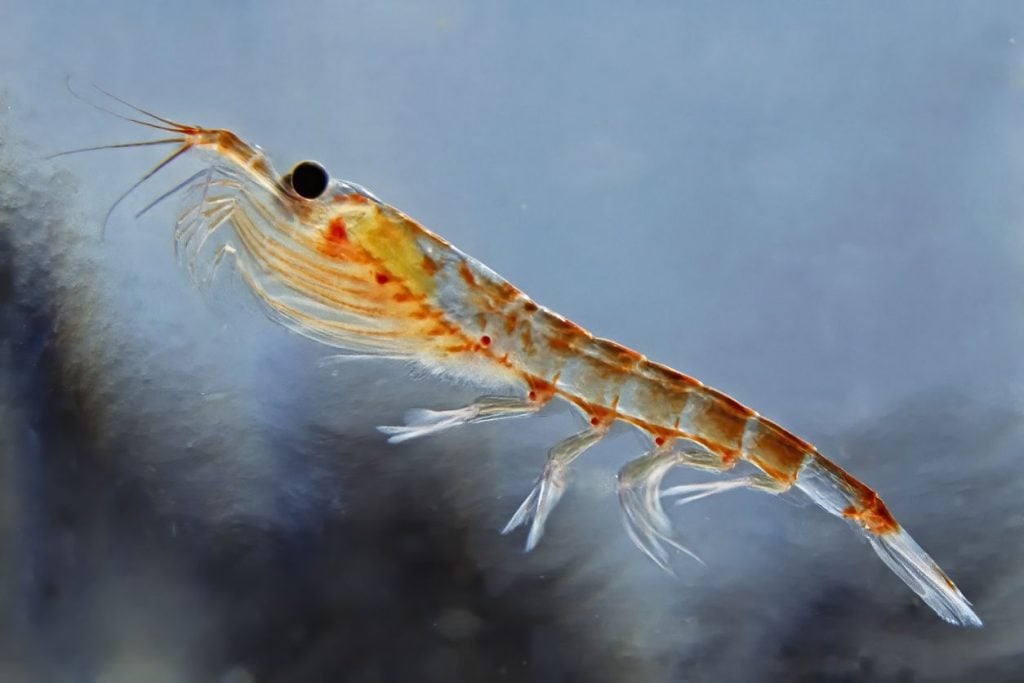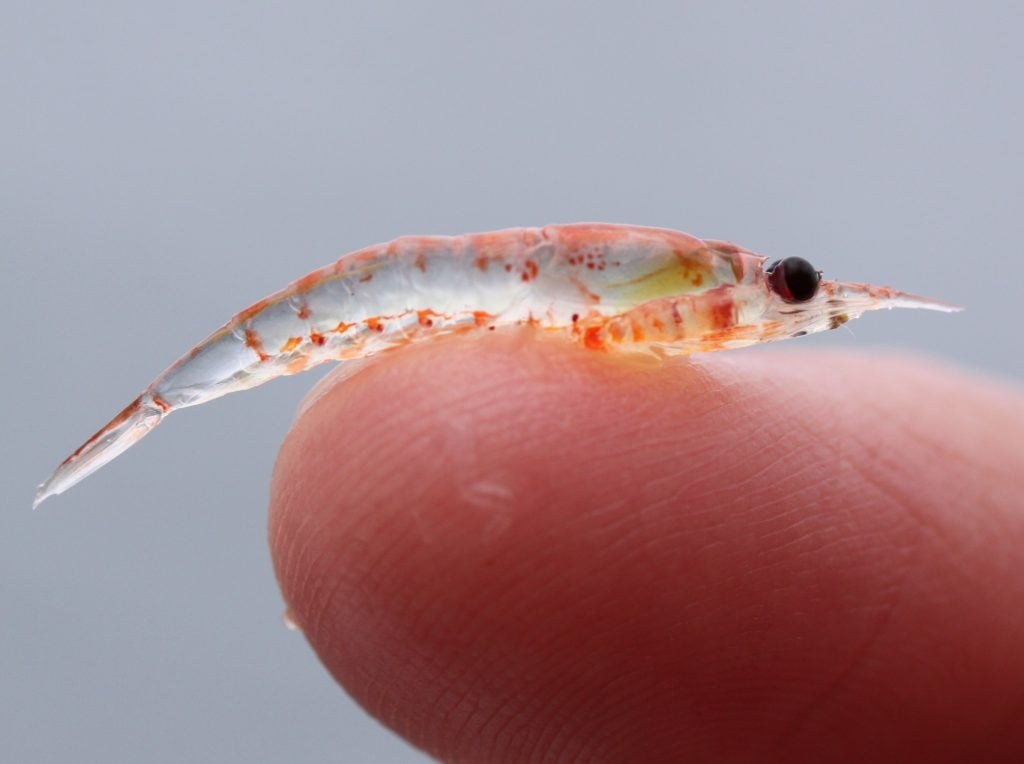The international environmental organization WWF has urged the establishment of a moratorium on Antarctic krill fishing to safeguard this crucial species and the wildlife that depends on it. This call comes after global leaders failed to reach an agreement on key fisheries management measures.
This situation unfolded during the recent annual meeting of the Commission for the Conservation of Antarctic Marine Living Resources (CCAMLR). After extensive negotiations, there was no consensus on long-term improvements to the krill fishery or the designation of a new marine protected area in the Antarctic Peninsula region.
WWF reports that for the first time, the krill fishery was forced to close early in 2025, having rapidly reached its annual catch limit of 620,000 tons.
This premature closure resulted from the expiration of an essential protective measure in 2024 that spatially distributed krill catch to avoid excessive concentrations.
Consequently, due to the lack of resolution in CCAMLR, the fishery will continue to operate without precautionary regulations, allowing the entire quota to be captured from limited areas around the Antarctic Peninsula—vital regions for wildlife, particularly whales and penguins.
“As industrial krill fishing has expanded, there have been increasing reports of incidental catches of seabirds, seals, and whales, indicating that activity is concentrated in key feeding areas for these natural predators of krill,” stated WWF representatives.

The documentary Oceans, by Sir David Attenborough, showcased the impact that krill fishing can have on these extraordinary animals, a risk that will increase following the outcomes of this meeting.
In light of this, WWF called for a moratorium on krill fishing to protect these vital species until a new, highly precautionary and ecosystem-based management framework is established.
Emily Grilly, Marine Conservation Manager at WWF-Australia, expressed the NGO’s position: “Antarctica is one of the last truly pristine environments on the planet and is already under enormous pressure from climate change. Without adequate protective measures, krill fishing cannot continue at current levels, much less expand as some propose.”
“Today, we witness a gradual erosion of Antarctic protection by a small group of countries. It is time for ocean-leading nations to support a moratorium on krill fishing until adequate safeguards and effective marine protection measures are in place,” Grilly added.
Meanwhile, Rhona Kent, Manager of WWF-UK’s Polar Oceans Program, emphasized a critical point: “Antarctic krill is the true superhero of the Southern Ocean: it supports an astonishing diversity of marine life, but climate change and unsustainable fishing are putting it at risk. With the retreat of sea ice and increased industrial fishing, we urgently need CCAMLR to better manage the fishery and protect krill and its habitats within an effective network of protected marine areas,” she stressed.
Lastly, Yacqueline Montecinos, Marine Biodiversity and Ocean Policy Coordinator at WWF Chile and leader of the Pacific Blue Corridor initiative, insisted, “It is concerning that yet again, no significant advancements have been achieved in ensuring effective management and conservation of living resources in the Antarctic Ocean, which are essential for the balance of its ecosystem and the survival of the wildlife that depends on it.”
“Krill is the foundation of the food web in this region, and its overexploitation endangers not only penguins, seals, and whales but also highly migratory cetaceans of the Southern Ocean. Without sufficient krill available to meet their energy needs, it will be very difficult for whale populations to recover to pre-commercial hunting levels and continue providing ecosystem services throughout the Eastern Pacific Corridor, which benefits both nature and people,” concluded the Pacific Blue Corridor coordinator.

El Ciudadano



